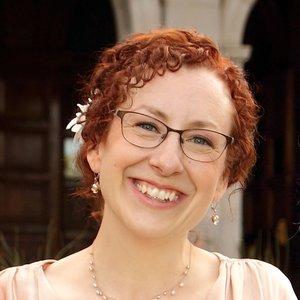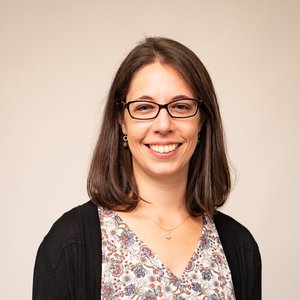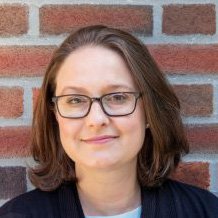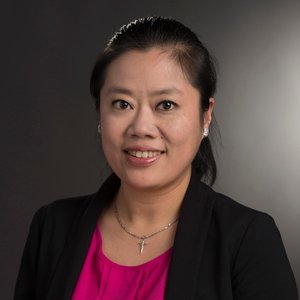MP3: Music Theory Examples by Women
About
The “Music Theory Examples by Women” Working Group seeks to explore and extend the presence of female composers in music theory curricula and to support and engage other scholars and students working in this area around the world.
Open to New People
Active since: 2019
- University of Rochester
- Hobart & William Smith Colleges
- Rochester Institute of Technology
Collaborative Goals
In collaboration with Fourscoreandmore, founded by Mark Gotham (Durham University), we seek to democratize access to music theory with free access to digital-age resources for teachers and students. Our goals are to continue developing work done in conjunction with Fourscoreandmore and to promote the scholarship and performance of music by women.
In coordination with Fourscoreandmore we support the international crowdsourcing of score encodings and host an analysis-a-thon each year. These events continue our work in two ways: (1) to expand on the existence and availability of scores by women composers in computer-readable formats that enable easy, efficient, and versatile inclusion into classroom activities; and (2) human analyses of those scores to the same ends. In previous work, Music by Women has acted as a focus for international attention to this matter, and Fourscoreandmore has begun the process of encoding and analyzing. In the 2023-2024 academic year, we started collaborating with the developer for TiLia, which is proving to be an even more fruitful platform for encoding musical analysis.
Each year, through events timed to coincide with Women’s History Month, we coordinate a particularly intense extension of this score encoding effort along with performance and study of works by women composers from our host institutions. Our group is growing, and now includes organizers from the Eastman School of Music (University of Rochester), Hobart and William Smith Colleges, and the Rochester Institute of Technology.
Group Organizers


Loretta Terrigno
Assistant Professor of Music Theory, Eastman School of Music, University of Rochester


Group Members
Mark Gotham, founder of fourscoreandmore.org; Assistant Professor of Computer Science, Durham University
Activities
Analysis-a-Thon
March 25, 2024, midnight
Women in Music: An Interdisciplinary Conference
March 9, 2024, 8 a.m.
Scores of Scores Music Encoding and Management
Sept. 1, 2023, 9 a.m.
Group Outcomes
TiLiA (TimeLine Annotator)
MP3 Working Group collaborator Mark Gotham acknowledges the Corridor's funding support in developing TiLiA, an open-source, cross-platform software for creating and viewing diversified timeline-style annotations over audio and video.